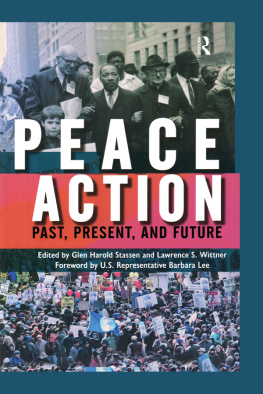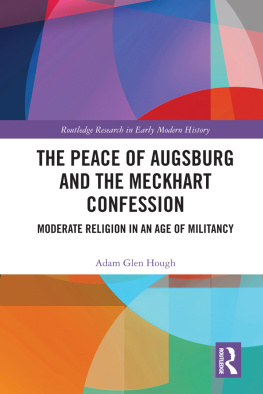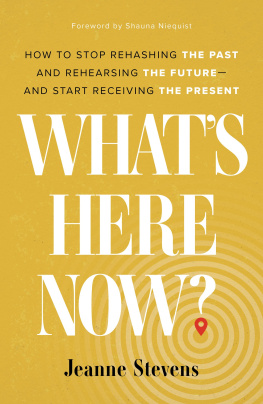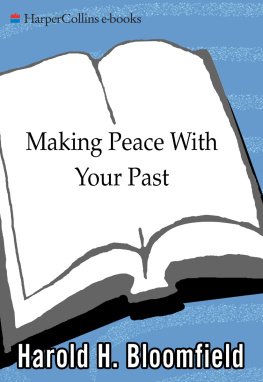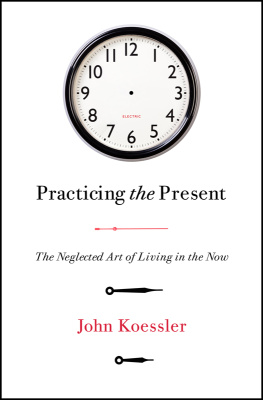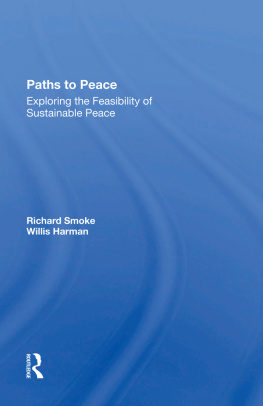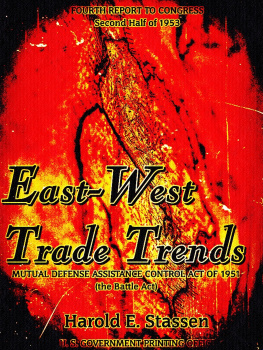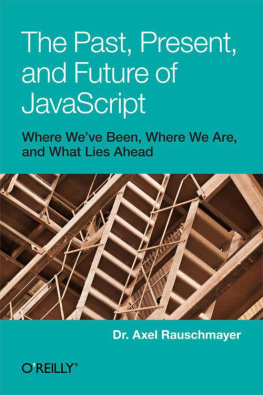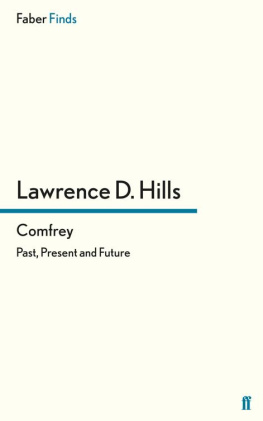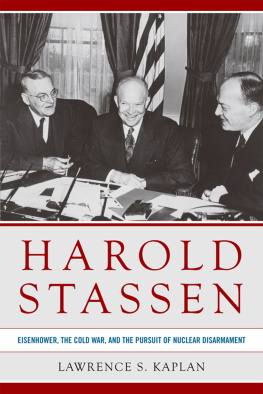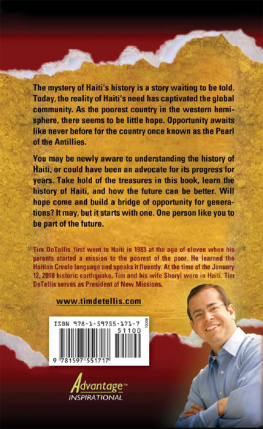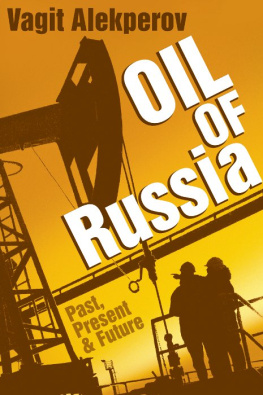Peace Action

Freeze demonstrators in New York City, June 1982 (photo by Mel Rosenthal).

Peace Action demonstrators in Washington, DC, September 2005 (photo by Barbara G. Beckmann).
First published 2007 by Paradigm Publishers
Published 2016 by Routledge
2 Park Square, Milton Park, Abingdon, Oxon OX14 4RN
711 Third Avenue, New York, NY 10017, USA
Routledge is an imprint of the Taylor & Francis Group, an informa business
Copyright 2007 , Taylor & Francis.
All rights reserved. No part of this book may be reprinted or reproduced or utilised in any form or by any electronic, mechanical, or other means, now known or hereafter invented, including photocopying and recording, or in any information storage or retrieval system, without permission in writing from the publishers.
Notice:
Product or corporate names may be trademarks or registered trademarks, and are used only for identification and explanation without intent to infringe.
Library of Congress Cataloging-in-Publication Data
Peace action : past, present, and future / edited by Glen Harold Stassen and Lawrence S.
Wittner.
p. cm.
Includes bibliographical references and index.
ISBN 978-1-59451-332-9 (hardcover : alk. paper) ISBN 978-1-59451-333-6
(pbk. : alk. paper) 1. Peace Action (Organization) 2. Peace movementsUnited
StatesHistory. I. Stassen, Glen Harold, 1936 II. Wittner, Lawrence S.
JZ5584.U6P43 2007
303.66--dc22
2007010971
Designed and Typeset by Straight Creek Bookmakers.
ISBN 13: 978-1-59451-332-9 (hbk)
To the Reverend William Sloane Coffin Jr., 19242006 longtime peace activist, former pastor of Riverside Church, first president of SANE/Freeze, and mentor for thousands in the worldwide struggle for peace and justice. Through his splendid example, he has helped us to understand, as he once declared: Hope arouses a passion for the possible, and the possible includes a brighter future for all humanity.

William Sloane Coffin Jr., 1980s (photo by Paul Tick).
Contents
U.S. Congresswoman Barbara Lee
Lawrence S. Wittner
Homer A. Jack
Sanford Gottlieb
Marcus Raskin
David Cortright
Patricia McCullough
Ben Senturia in Consultation with Randy Kehler
Jim Wallis and Jim Rice
Monica Green
Andrea Ayvazian
Cora Weiss and Ria Pugeda
Jon Rainwater
Kevin Martin
Steven Brion-Meisels and Glen Harold Stassen
Peace Action, the largest grassroots peace group in the United States, turned 50 in 2007. This half-century of existence began with the birth of SANE in 1957 and picked up momentum with the establishment of the Nuclear Weapons Freeze Campaign in 1979. In the late 1980s, SANE and the Freeze merged, forming SANE/Freeze; a few years later, the new organization was renamed Peace Action. Like their successor, SANE and the Freeze were the largest peace groups of modern times, with substantial influence upon public opinion and public policy. Yet surprisingly little is known about Peace Actions important history, its current activities, and its plans for the future.
Did you know, for example, that Eleanor Roosevelt, Martin Luther King Jr., Albert Schweitzer, and Walter Reuther were among Peace Actions early supporters? That its founder and first co-chair, Norman Cousins, was commissioned by President Kennedy to lay the groundwork with the Soviet government for the worlds first nuclear arms control agreement, the Partial Test Ban Treaty? That it played a key role in bringing the Vietnam War to an end during the 1970s, in preventing nuclear war during the 1980s, and in ending the Cold War during the 1990s? Indeed, it is hard to imagine arms control and disarmament agreements or the willingness of governments to draw back from their reckless military adventures over the past half-century without the crucial work of Peace Action.
And what better people are there to recount Peace Actions exciting history, to distill lessons from its past, and to outline plans for its future than the women and men who led it? Drawn from the time of its founding to the present, they constitute an impressive group of individualsbright, creative, and unswerving in their commitment to peace. One of them, Homer Jack, a founder of SANE, died some years ago. But he left behind his memoirs, from which we have taken his account of that organizations early history. The other leaders have been gracious enough to write original essays for this book.
As you will see, these leaders provide us with crucial insights into citizen activism for a more peaceful worldinsights that are not otherwise easily attained. Most members of the public and public officials, only intermittently aware of peace movement activity, can hardly be expected to draw the appropriate lessons from the 50 tumultuous years of Peace Actions existence. Even many peace activists are too caught up in their day-to-day efforts to reflect upon the meaning of the past. This book, however, gathers together the wisdom of the past and of the present and points to a focused vision for our future in a brief and lively account. We hope that readers will learn from the new perspectives that it provides, thereby helping to move the world away from destruction and war toward real security and peace.
Naturally, we are proud to serve as editors of this collection. As longtime supporters of Peace Action and members of its national board, we feel honored to put together this book and to dedicate it to the late William Sloane Coffin Jr., the much-beloved former president of SANE/Freeze. And it has also been an honor to work on these essays with such thoughtful and steadfast supporters of peace. Some day, when the world has finally left the blood-stained barbarism of war behind, it will look back and accord them the enormous gratitude they deserve.
But enough editorial talk! Here is the story of Peace Actionpast, present, and future.
Glen Harold Stassen and Lawrence S. Wittner
U.S. Representative Barbara Lee
Believe it or not, when I was a child I did not want to be a member of Congress when I grew up. What motivated me was not so much a desire to be part of our political system as a desire to change it.
When I was a student at Mills College in Oakland, California, I was a young, single mother on public assistance. Like many young people today, I was not registered to vote, because I just didnt think the system could or would work for me. When I looked at the white men who were running for President in 1972Nixon, Humphrey, Wallace, Muskie, McGovernI thought: why bother? None of them cares about me. They arent going to take on the real issues that matter to people like me.
One of my professors gave us an assignment to work on one of the presidential campaigns, and I told him, youre going to have to flunk me, because there is no way I am going to work for one of them. Thats when I first heard about Shirley Chisholm. Here was the first black woman elected to Congress, and she was talking about ending the war in Vietnam, about poverty, about civil rights, about womens rights; and she was running for president! So I said Ive got to find out more about this woman.




